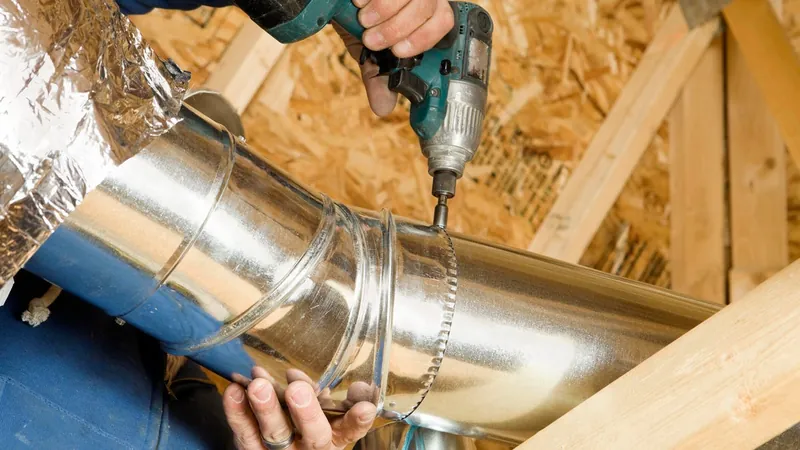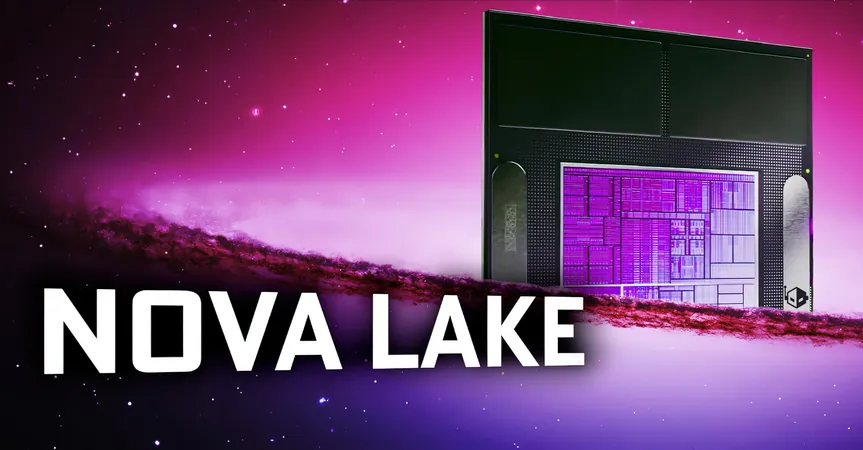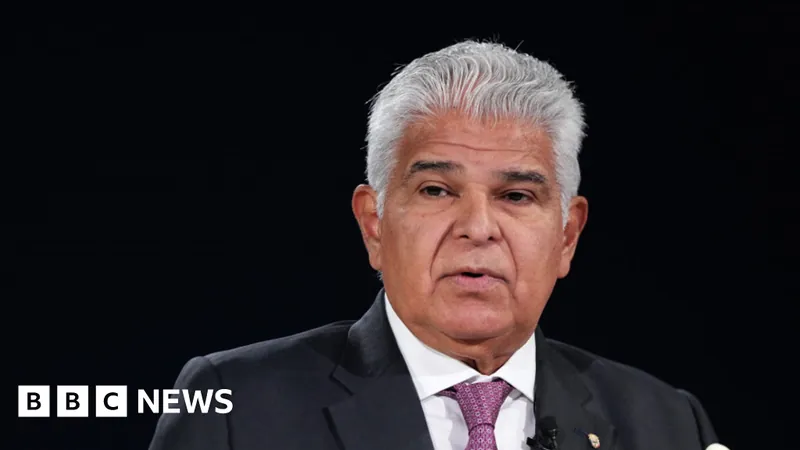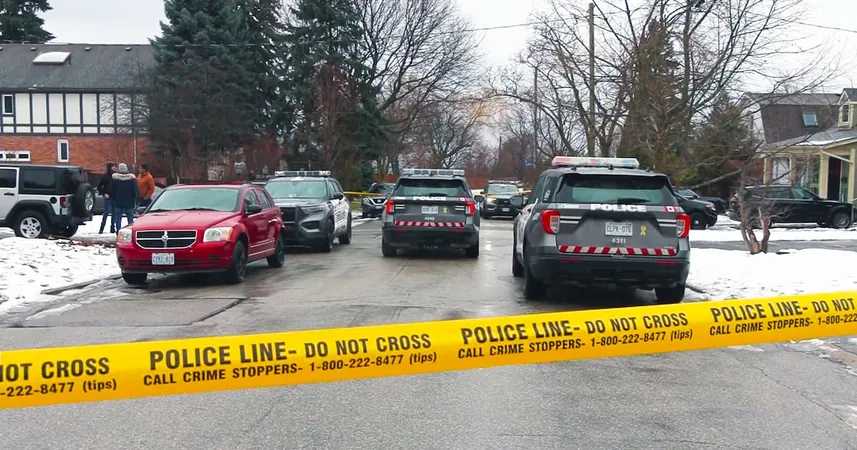
The Truth About Hidden Costs of Installing a Heat Pump: What Homeowners Need to Know
2025-01-19
Author: Emma
As energy efficiency becomes a priority for many households, heat pumps are surging in popularity. These innovative systems not only heat your home but also cool it, proving to be a powerhouse of temperature control. In a remarkable industry shift, heat pumps surpassed the sales of gas furnaces for the second consecutive year in 2023, further proving their effectiveness compared to traditional heating methods.
Experts like Brooke Greenwood, director of product management at Carrier, emphasize the technological advancements behind these devices. "Heat pumps are now designed to perform exceptionally well across various climates, even in freezing temperatures," she explains. This flexibility is a game-changer for homeowners, with options increasingly tailored to meet specific regional needs. But before you jump on the heat pump bandwagon, there are crucial considerations to weigh regarding potential costs.
Unveiling the Potential Costs of Heat Pump Installation
While many homeowners may equate heat pumps with straightforward, energy-efficient solutions, there are often complexities involved with installation that can lead to unexpected expenses. Here’s what you need to keep in mind:
1. Ductwork Considerations
One of the first aspects to consider is whether your existing ductwork is suitable for a heat pump system. Generally, many models can utilize current ducting, allowing for easy replacement of your old air conditioning unit. However, vintage homes, particularly in regions like the Northeast and South, may require significant modifications. If your duct system is outdated, you might face additional costs—especially if you lack ductwork altogether. Thankfully, ductless systems are available as a cost-effective alternative with minimal installation disruption.
2. Permit Requirements
In most cases, switching to a heat pump won’t necessitate permits, but this can significantly vary by location. Older or historically protected properties can encounter strict regulations regarding modifications. It’s vital to check with local authorities to avoid potential fines or delays in your installation timeline.
3. Electrical System Upgrades
The installation of a heat pump often calls for electrical upgrades. Homeowners typically need to elevate their electrical systems from 115 volts to 230 volts, which may involve updating the electrical panel or adding new wiring. Fortunately, government incentives and tax credits can alleviate some financial pressure associated with these upgrades.
4. Rising Electricity Costs
Switching from gas to electricity can lead to higher energy bills, depending on your local utility rates. A recent survey revealed that 78% of Americans experience anxiety over escalating energy costs. It's essential to factor these potential expenses into your budget while considering a heat pump transition.
5. Insulation's Impact on Efficiency
Though not mandatory, improving your home’s insulation is crucial for maximizing the efficiency of a heat pump system. Without adequate insulation, your heating and cooling systems—including heat pumps—will struggle to maintain desired temperatures, leading to higher energy consumption and costs. "A home with poor insulation will force HVAC systems to work unnecessarily hard, affecting overall performance and bills," Greenwood highlights.
Conclusion
In summary, while heat pumps offer numerous benefits, understanding the full scope of installation costs and requirements is vital. With careful planning and consideration of ductwork, electrical upgrades, and insulation, homeowners can ensure a smoother transition to this energy-efficient heating and cooling solution. So, before you make the switch, arm yourself with this knowledge to avoid any nasty surprises down the road!









 Brasil (PT)
Brasil (PT)
 Canada (EN)
Canada (EN)
 Chile (ES)
Chile (ES)
 Česko (CS)
Česko (CS)
 대한민국 (KO)
대한민국 (KO)
 España (ES)
España (ES)
 France (FR)
France (FR)
 Hong Kong (EN)
Hong Kong (EN)
 Italia (IT)
Italia (IT)
 日本 (JA)
日本 (JA)
 Magyarország (HU)
Magyarország (HU)
 Norge (NO)
Norge (NO)
 Polska (PL)
Polska (PL)
 Schweiz (DE)
Schweiz (DE)
 Singapore (EN)
Singapore (EN)
 Sverige (SV)
Sverige (SV)
 Suomi (FI)
Suomi (FI)
 Türkiye (TR)
Türkiye (TR)